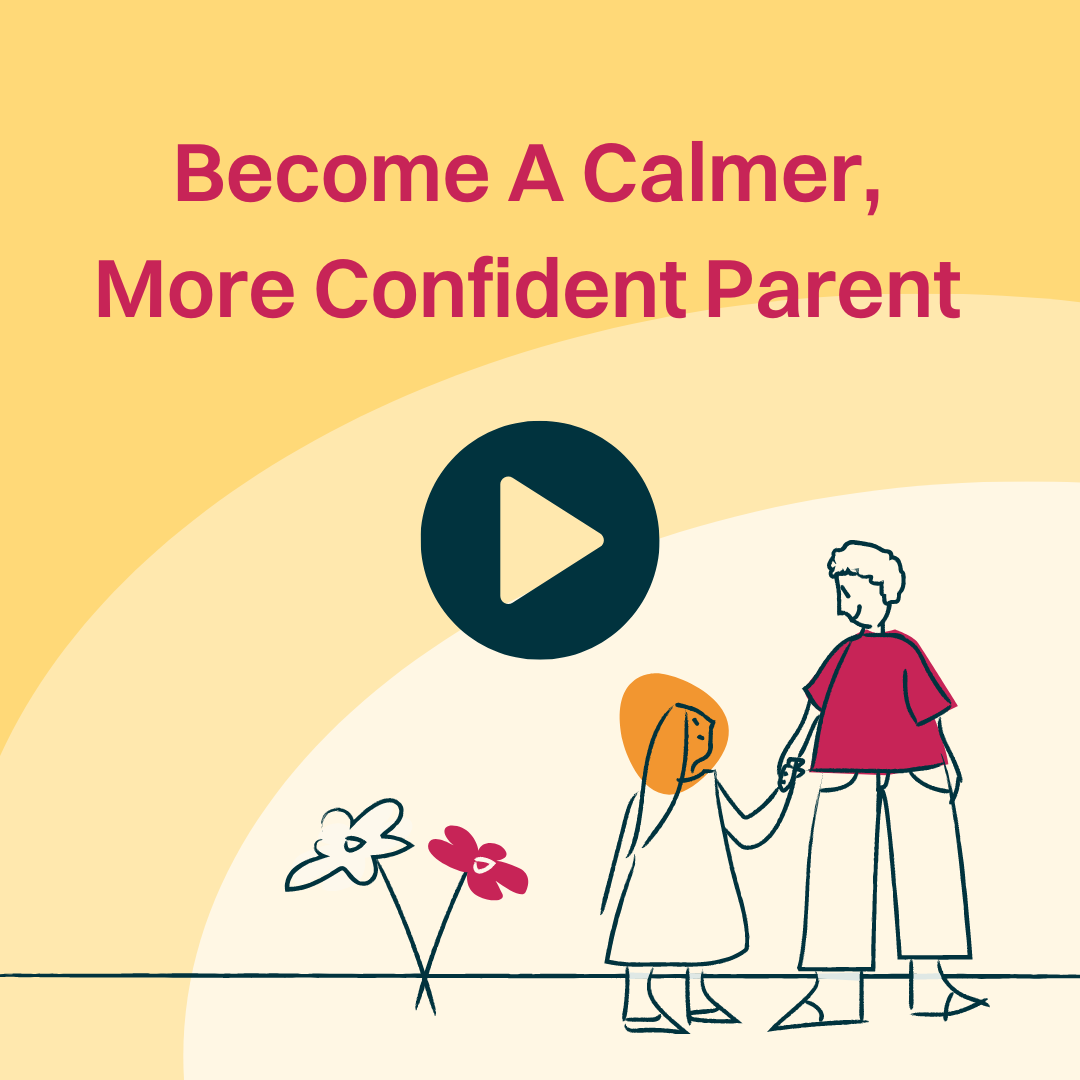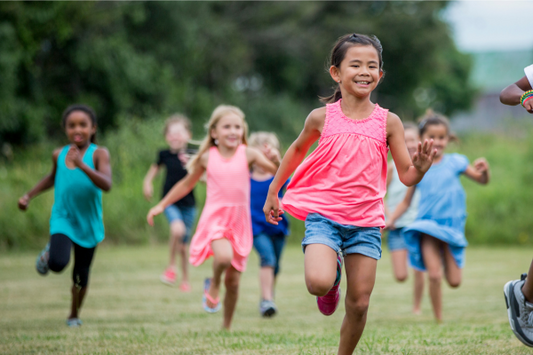Does reading often turn into a chore – one that you rush through to just GET IT done? Or perhaps it ends in arguments or you simply giving up! But it doesn’t have to be that.
I have carried out research with colleagues from Oxford University to find out the best way to help children learn to read fluently, and most importantly, to enjoy it too! These rigorous trials, involving hundreds of children, have shown that by using simple, practical methods, by age 6 years, children of parents who used our approach were 6 months more advanced in reading age compared with those who did not. Pretty worthwhile!
It might surprise you, but it is best to leave the nursery or primary school to teach detailed techniques for the sounding out of letters and recognising words. However, parents too can have a strong influence on bringing on their child’s reading. If you get this right, and help them develop curiosity and a joy of books, you will set them up for life. And what’s more you will help them to boost their grades.
So what can you do?
There are 2 elements to this.
Firstly you need to cultivate a good relationship with your child. They’re not going to want to sit down with you and happily go through a book if they are feeling resentful, distant from you, or angry. So in the background, work at building a positive relationship with your child.
On the day, try to set up a nice calm atmosphere, so they can sit down feeling comfortable, perhaps having had a snack after school. Make sure the TV and your mobile are turned off. Sit down on the sofa close to your child and give them your full attention. It only needs to be for 10 to 15 minutes. Even if you are feeling stressed, try to focus just on your child and show them that you are enjoying it – even if that is an effort at first! Your child will then be more settled and engaged. However, simply spending 10 minutes a day and making it fun and engaging can help build the relationship and start a positive cycle. The key is to make it enjoyable rather than a chore.
Secondly, once you’ve done this, there are specific techniques you can use.
One of the most effective is called Pause, Prompt and Praise. Start off opening a book they’re interested in (it is important to give them some choice).
If you are already part way through, you might get them engaged by reminding them of the story so far, perhaps talking about their personal experience if that is relevant – did they ever lose a cat, did they do well at games, have they heard about the green hairy monster?
Show enthusiasm and interest in the book, maybe point at the pictures and talk about them and use silly voices if you like. Then, as your child starts reading, rather than jumping in and correcting them if they get stuck, instead, Pause: be patient, hold back, wait for them to have a go at the word. If they’re having difficulty, this is the time to give them a Prompt. This could be about sounding out the letters, but equally it could be about the context of the story, for example if it is the C** sat on the mat, you can ask them what animals do that? Encourage them to look at the pictures on the page and see if that helps them, or give other reminders of the meaning of the story, not just the technicality of the letters. Then if they make an effort, Praise the process. Don’t wait for them to get the right answer. You could say “well done for trying hard to get that word.” This will encourage them to keep at it! Doing this promotes what the American educationist Carole Dweck calls a “Growth Mindset”.
Getting them engaged by making it a fun adventure is likely to the best way for your child to develop a lifelong love of reading.
To find out more about how to promote a positive relationship with your child and get more detail on the specific techniques, join us now by signing up for our online programme and exclusive parent community.
Enjoy!
References
Scott, S, Sylva,K, Doolan, M, Price, J, Jacobs,B, Crook, C and Landau, S. (2010) Randomized controlled trial of parent groups targeting multiple risk factors: the SPOKES project. Journal of Child Psychology and Psychiatry 51, 48-57 (link)
Scott, S, Sylva K, Kallitsoglu A & Ford T (2014) Which type of parenting programme best improves child behaviour and reading? Follow-up of the Helping Children Achieve trial. London: Nuffield foundation (PDF)





